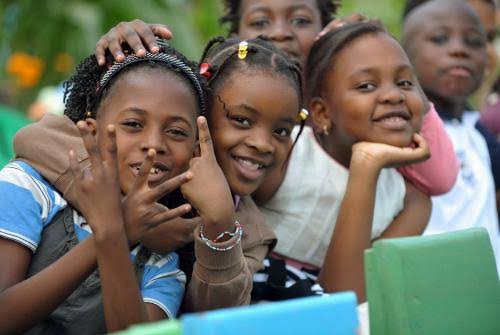VANDERBIJLPARK, GAUTENG PROVINCE – The inaugural International Conference of the Afrocentric Governance of Public Affairs (AGoPA), held from October 10-11, 2024, brought together experts and leaders to discuss transformative governance models tailored for Africa.
A key highlight of the conference was the unveiling of the publication Afrocentric Citizenship Education: A Resource for Good Governance and Economic Resuscitation in Post-Colonial Africa, which emphasises the critical role of citizenship education in tackling corruption, fostering responsible governance, and ensuring sustainable economic growth.
Dr. Ishmael Iwara, the researcher behind the publication, presented an in-depth analysis of the persistent issues of institutional corruption and lack of accountability, which have severely hampered Africa’s economic development.
“These are not just symptoms of poor governance; they are central challenges that continue to strain growth and stability, even as reform efforts seek to promote transparency and integrity,” he stated.
Despite the continent’s vast natural resources—including substantial oil and gas reserves, rich mineral deposits, and extensive arable land, many African nations remain trapped in cycles of economic instability due to systemic misgovernance. Public services have deteriorated, inflation has soared, and financial insecurity has become widespread.
Corruption has exacerbated public distrust in governance, leading to high unemployment rates and deepening poverty.
Dr. Iwara’s work advocates for a paradigm shift in education, one that integrates African identity and perspectives into citizenship training. “Incorporating Afrocentric principles into citizenship education is not merely an academic exercise; it is essential for galvanising youth engagement and fostering a sense of ownership among citizens regarding their governance systems,” he said, stressing the importance of embedding community values in education.
The current political landscape across Africa reveals an alarming trend: individualism often takes precedence over collective welfare, with political elites frequently exploiting national resources for personal gain.
This decline in ethical governance, coupled with a disregard for ubuntu—the African philosophy of communal responsibility and interconnectedness—has resulted in governance structures that fail to serve the people effectively.
Afrocentric citizenship education aims to reverse this trend by instilling ethical leadership, social cohesion, and collective accountability.
Rooted in pre-colonial governance models that prioritised ubuntu, this educational approach seeks to fortify law and order while advocating for social justice.
By promoting values such as integrity, respect, and honesty, Afrocentric citizenship education aligns with democratic principles and the rule of law, fostering a culture of fairness and justice.
The successful implementation of this vision will require comprehensive curriculum reforms, greater family involvement, and active societal participation.
Educational reforms must create conducive learning environments that equip students with both theoretical knowledge and practical civic skills.
Family engagement will help bridge the gap between classroom teachings and real-world applications, while broader societal collaboration will ensure widespread awareness of civic responsibilities.
The goal is to cultivate ethical leaders who prioritise national development over personal enrichment.
The discussions at AGoPA underscored the urgency of aligning educational frameworks with Afrocentric values to address governance failures and systemic inequalities.
As Dr. Iwara emphasised, a coordinated effort to integrate Afrocentric principles into citizenship education is crucial to establishing a foundation for good governance and economic resilience across Africa.
__________________
Dr. Ishmael Iwara, a rated researcher by the South African National Research Foundation, is a development economist with research experience at Carleton University, Canada, and North-West University, South Africa.


